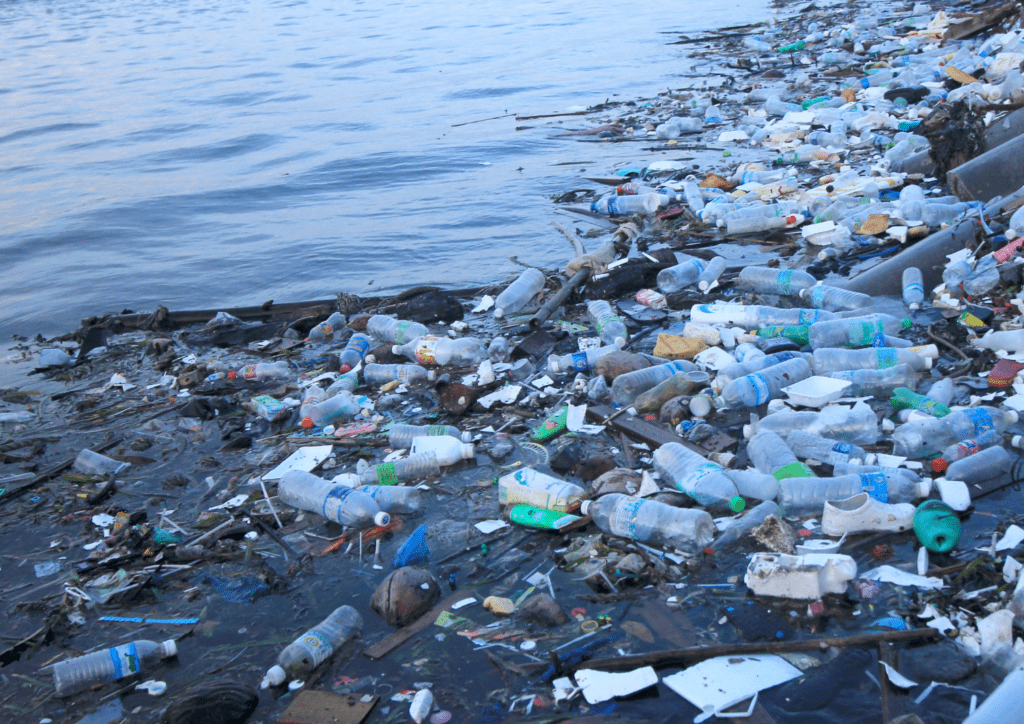ENVIRONMENTAL DEFENCE, ONTARIO ZERO WASTE COALITION, TORONTO ENVIRONMENTAL ALLIANCE
Ontario government aims to make it easier for companies to establish experimental facilities to burn plastic waste and call it “recycling”
Toronto | Traditional territories of the Huron-Wendat, the Anishnaabeg, Haudenosaunee, Chippewas and the Mississaugas of the Credit First Nation – Environmental groups from across Ontario are challenging the provincial government’s plan to implement changes to the Environmental Assessment Act. These changes would not only make it easier for companies to launch experimental technologies that claim to recover fuel and/or chemicals from waste, they would also remove important public oversight from these controversial projects.
“This will create a free-for-all for companies to install unproven technology wherever they want because the government has decided to call burning plastic ‘recycling’,” said Emily Alfred, from the Toronto Environmental Alliance. “The health of Ontario residents should not be put at risk for projects that benefit some of the world’s biggest petrochemical companies.”
Through a search of the provincial lobbyist registry, the groups learned that two of Canada’s biggest plastic makers, Dow Chemical and Imperial Oil, have reported meeting with government officials about “waste-to-energy” and “waste-to-polymer” projects—which means burning plastic—and about changes to the Environmental Assessment Act.
“The plastics industry wants us to think it has a magical cure for the plastic pollution crisis, but it’s quackery,” said Karen Wirsig, Plastics Program Manager at Environmental Defence. “Experience in the US shows that these projects don’t work. Of the 37 applications for some form of ‘advanced recycling,’ only three went ahead. Instead of praying for miracles to fix the waste problem, the government should focus on reducing the need for throwaway plastic.”
“This proposal does not benefit the public in any way,” said Liz Benneian of the Ontario Zero Waste Coalition. “Municipalities used to have to agree to host thermal waste facilities. That’s no longer the case and now companies mostly won’t even have to face public scrutiny through the environmental assessment process. The province is just letting the plastics industry off the hook for the pollution it creates.”
Under current rules, proposals for projects of this type that treat more than 10 tonnes per day of waste require a comprehensive environmental assessment that involves public consultation and review.
The proposed changes would allow a project that treats up to 36,500 tonnes of waste per year to avoid an environmental assessment altogether. A project that treats up to 365,000 tonnes of waste would only go through a simplified environmental screening process with ministry staff instead of a full public assessment. To put this into context, the largest waste incinerator in operation in Ontario burns less than 200,000 tonnes of waste per year.
Under the screening process, the applicant must issue a public notice of the project but not the full details for public review. On the basis of the notice, the public has a short window to request that the environment ministry “elevate” the project to a full assessment, a decision that is subject to the discretion of ministry officials.
A recent proposal to burn up to 250,000 tonnes of plastic waste on the coast of Newfoundland shows the public value of proper assessment. The project was rejected in mid-February after some 200 residents submitted comments opposing the project under that province’s environmental assessment process.
BACKGROUND:
- Ontario public notice for comment: ERO #019-4867 Environmental assessment requirements for advanced recycling facilities
- Ontario’s Guide to environmental assessment requirements for waste management projects
- Comment submitted by 18 environmental groups against the provincial proposal.
- What is “Advanced Recycling”?
- Infographic: The Problem with Plastic Recycling
ABOUT ENVIRONMENTAL DEFENCE (environmentaldefence.ca): Environmental Defence is a leading Canadian advocacy organization that works with government, industry and individuals to defend clean water, a safe climate and healthy communities.
About the Toronto Environmental Alliance (TEA): For over 30 years, the Toronto Environmental Alliance has campaigned locally to find solutions to Toronto’s environmental problems. As a not-for-profit organization, we work with communities to advocate for a green, healthy and equitable city.
About the Ontario Zero Waste Coalition: We advocate for the circular economy, which manages resources so there is no waste, and against incineration.
-30-
For more information or to request an interview, please contact:
Lauren Thomas, Environmental Defence, lthomas@environmentaldefence.ca
Jolene Cushman, Toronto Environmental Alliance, jolene@torontoenvironment.org





